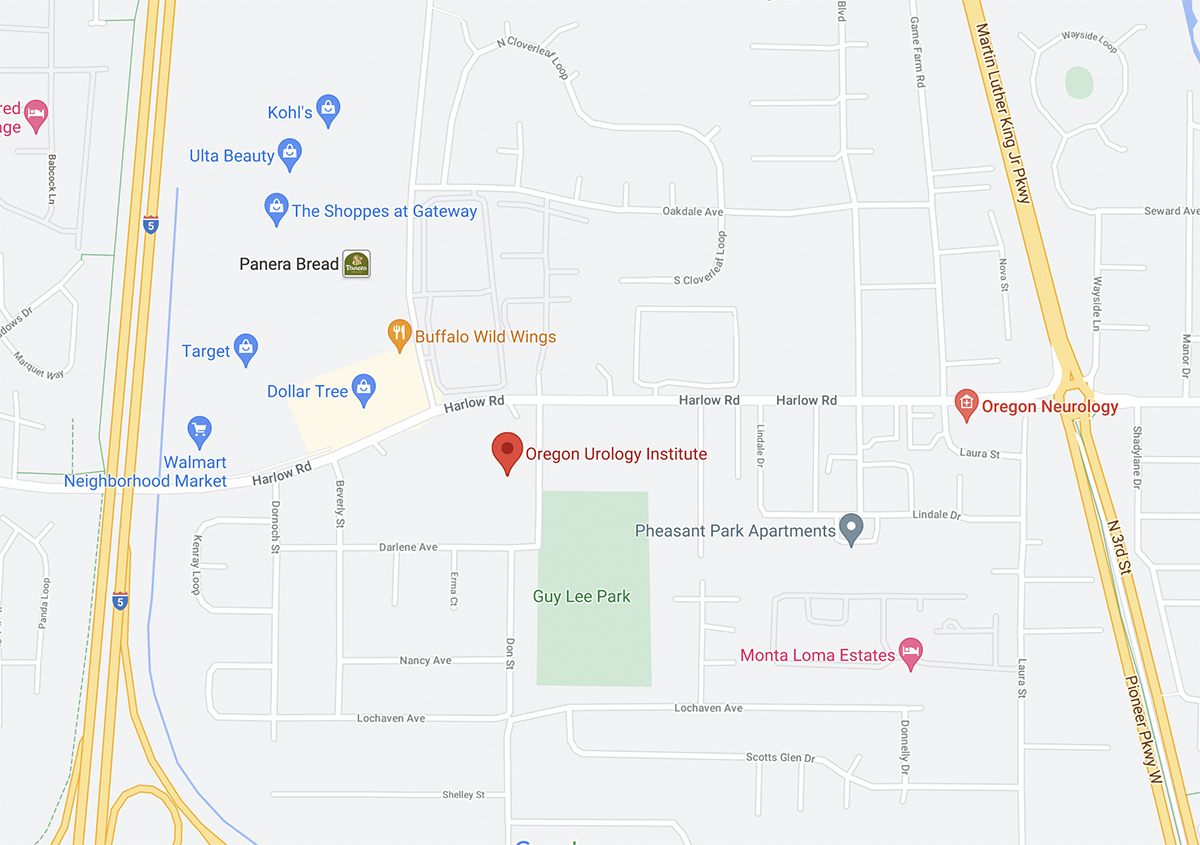ADVANCED PROSTATE CANCER

Prostate cancer is one of the most common cancers in men. It begins in the prostate, a small, walnut-sized gland located just below the bladder and in front of the rectum. The prostate’s primary role is to produce fluid that nourishes and protects sperm.
Prostate cancer usually grows slowly. It may not cause issues at first. But, it can become serious if it spreads beyond the prostate.


WHAT IS ADVANCED PROSTATE CANCER?
Prostate cancer is advanced when it has spread beyond the prostate to other parts of the body. It may spread to areas like the bones, liver, lungs, and lymph nodes. This stage is often referred to as metastatic prostate cancer and has specific characteristics:
- Is typically more aggressive
- May affect multiple areas of the body
- May have more severe symptoms
- Has spread to nearby or distant organs
- May no longer respond well to treatments that work in earlier stages
ADVANCED PROSTATE CANCER SYMPTOMS
In its early stages, prostate cancer often has few symptoms. However, as it advances, you may experience effects such as:
- Frequent or painful urination
- Difficulty starting or stopping the urine stream
- A weak urine flow
- Blood in urine or semen
- Pain in the back, hips, or other bones
- Unexplained weight loss and fatigue
- Swelling in your legs or feet
WHAT IS ADVANCED PROSTATE CANCER STAGING?
Doctors use staging to understand the cancer’s extent and how far it has spread. Staging helps your doctor find the best treatment and identify the outlook for recovery or management.
The stages of prostate cancer include:
- Stage I and II: Early, localized cancer that’s still within the prostate.
- Stage III: Cancer has spread slightly outside the prostate but hasn’t reached distant organs.
- Stage IV: The cancer has spread beyond the prostate to nearby tissues, lymph nodes, or distant parts of the body. Stage IV is considered advanced and includes metastatic prostate cancer.
ADVANCED PROSTATE CANCER DIAGNOSIS
Doctors use several tests to diagnose and stage prostate cancer:
- Prostate-specific antigen (PSA) test– a blood test that measures PSA levels, which tend to be higher in prostate cancer cases.
- Biopsy– a tissue sample from the prostate is collected and examined to confirm the cancer’s type and grade.
If prostate cancer is suspected to be advanced, these additional imaging tests can help confirm its spread:
- Bone scan to determine if the cancer has spread to the bones
- CT or MRI scans to provide detailed images of the prostate and surrounding areas
- PET scan, which is used in advanced cases to find cancer cells that have spread throughout the body
TREATMENT FOR ADVANCED PROSTATE CANCER
Treatment aims to slow the cancer, manage symptoms, and ensure your comfort. Options may include:
- Chemotherapy drugs to help slow the cancer’s spread and ease symptoms.
- Immunotherapy which allows the body’s immune system to recognize and destroy cancer cells.
- Radiation therapy, delivered externally or by injecting radioactive substances directly into affected areas, to help manage pain and improve mobility.
- Bone-strengthening medications to protect against fractures and reduce pain.
- Hormone therapy, also called androgen deprivation therapy (ADT). This is a treatment that lowers the levels of male hormones like testosterone. These hormones can help prostate cancer grow, so reducing them through medication can slow the cancer down.
In advanced prostate cancer, surgery isn’t the primary treatment because the cancer has spread beyond the prostate itself.
However, in some cases, surgery can help relieve specific symptoms. For example, if the cancer is blocking urine flow, a procedure called transurethral resection of the prostate (TURP) may be done to improve urination.
Surgery can also help stabilize bones and relieve pain if cancer has spread there.
These surgeries are usually part of a larger treatment plan. Your overall plan may include hormone therapy, chemotherapy, or radiation. All aim to control the cancer and help you feel better.
While advanced cancer can be challenging to treat, ongoing research is leading to more options for managing symptoms and slowing the disease.
FAQs
Can advanced prostate cancer be cured?
Although it’s rare for advanced prostate cancer to be completely cured, many treatments can help control the disease, relieve symptoms, and extend life. Ongoing research is bringing new options that offer hope for men with advanced cancer.
Does advanced prostate cancer always cause pain?
Not always. Some men may not feel pain if the cancer has spread to the bones. Treatments can help manage pain if it occurs.
Are there lifestyle changes that help manage advanced prostate cancer?
Yes, a healthy diet, exercise, stress management, and avoiding smoking and excess alcohol can support your health. The better your overall health, the better you’ll feel during cancer treatment. Your doctor can suggest ways to stay healthy during treatment.






